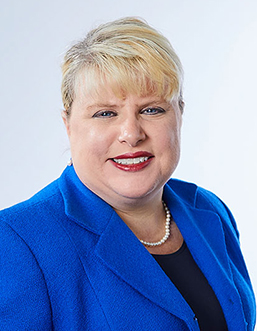Whether you are an expert in probate and have dealt with it on multiple occasions or a rookie, we can all agree on one thing: probate kind of sucks and should be and can be avoided.
Let’s start with the basics: What is probate? Probate is a Court-guided process whereby a deceased individual’s financial affairs are wrapped up and the Court determines who the proper beneficiaries are of the deceased individual’s estate. The words “court-guided process” should automatically lead you to the accurate assumption that probate can be expensive both in time and money. Typically, a probate can last up to one year or even longer depending on the circumstances. The more sticky the circumstances, the longer and more expensive the probate can be.
We have all heard the stories about families arguing over tangible things upon a loved one’s death or seen the movie “Greedy” which perfectly portrays how family dynamics can change when money is involved. In order to avoid the perils of probate, which can range from money costs to time costs to family turmoil, there are certain things you can do to keep your estate out of probate.
The only absolute way to avoid probate is to create an irrevocable or revocable trust AND to fund your assets to those trusts using a transfer during your lifetime (inter vivos) or upon your death through a beneficiary designation. To the extent you have a trust that you have not funded, those assets will ultimately end up in your Trust but will first make a stop in probate court.
A Last Will and Testament is an instrument that is created for the purpose of determining who gets what, when who dies when, and how. This instrument, unlike an irrevocable and revocable trust, does NOT avoid probate. However, there are still ways that a family who elects to create a Last Will and Testament as opposed to a Trust may still avoid probate. For example, Missouri and Illinois allow the owner of real estate to deed their real estate upon their death to designated beneficiaries. An owner of insurance policies, IRAs and 401(k)s may also avoid probate by designating beneficiaries of such assets upon the owner’s death. Banks allow you to make a “pay on death” designation for your accounts. Even the DMV makes life a little simpler by allowing you to make a “transfer on death” designation for your vehicles.
To the extent you take advantage of these methods, you will avoid the perils of probate.
